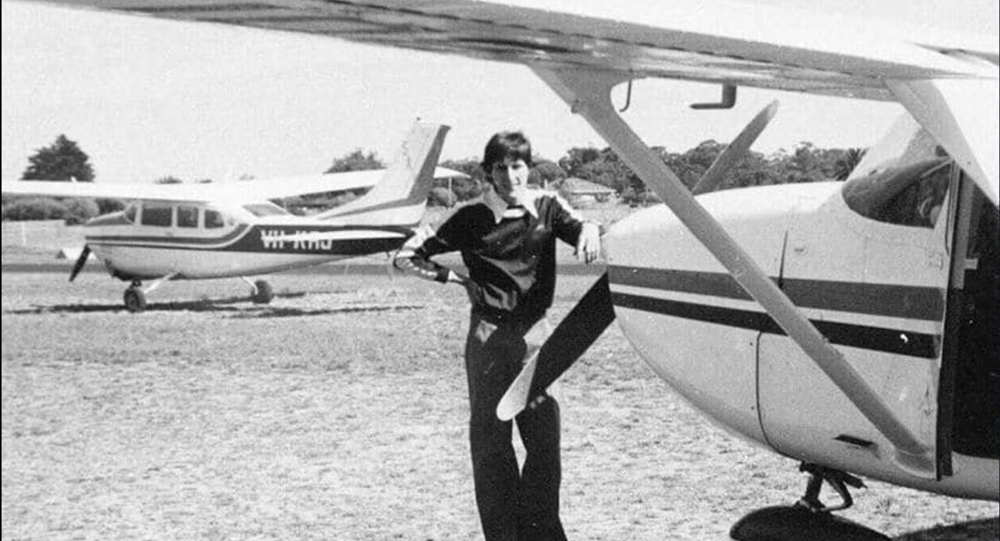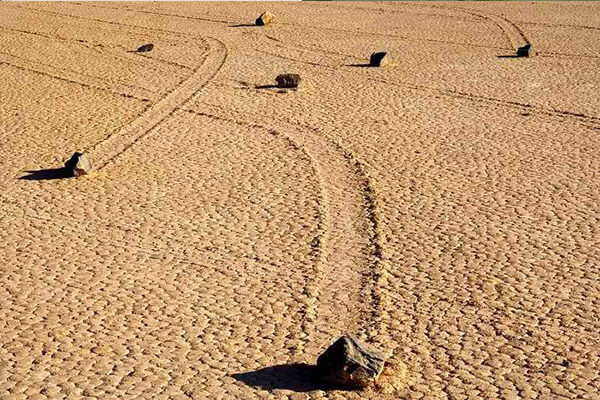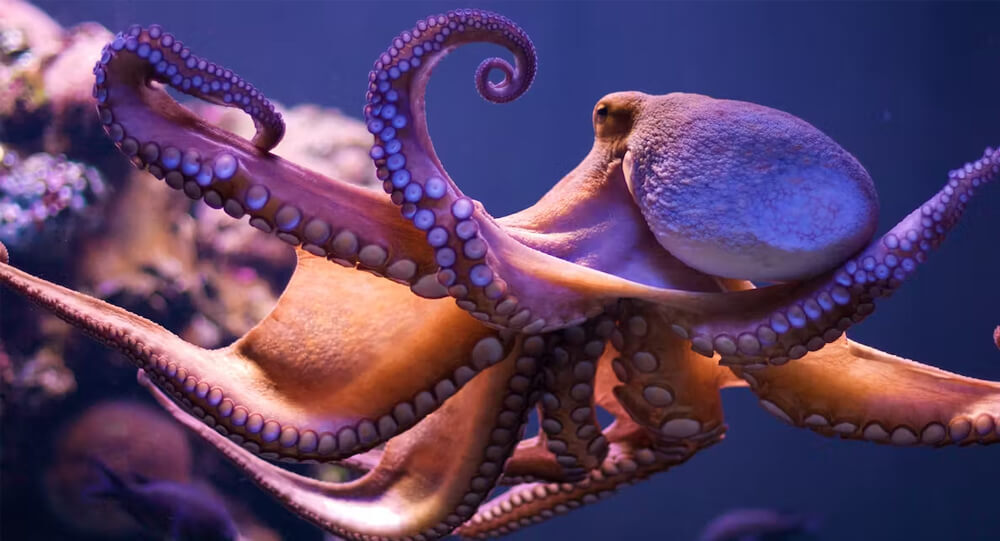Russian scientist Dr. Sergei Brouchkov has been researching a type of bacteria called “Bacillus F” or “Bacillus F sp. 3G-1.” One of the oldest living things on Earth, this bacteria was found in Siberian frozen soil and was separated from it. Its age is thought to be around 3.5 million years.
In order to comprehend how Bacillus F has been able to endure for so long in such harsh conditions, Brouchkov and his team have been researching the organism. They have discovered that the bacterium can repair its DNA more successfully than other bacterial strains, which may explain why it can survive for such a long time.
There has also been considerable conjecture regarding the potential uses of Bacillus F in industries like biotechnology and medicine. For instance, Brouchkov has proposed that the bacterium’s capacity for DNA repair may help to shield people against age-related disorders.
It is crucial to remember that these hypothetical applications are still speculative and would necessitate more study to be completely comprehended. Concerns exist over the potential hazards of dealing with such a prehistoric organism as well as the possibility of incorrect interpretation of the research findings.
What is Bacillus Genus and Bacillus F?
Bacillus F is a common name used to refer to a specific strain of bacteria known as “Bacillus F sp. 3G-1,” not a specific strain or species of bacteria. Russian scientist Sergei Brouchkov and his team have investigated this strain of bacteria extensively after isolating it from Siberian permafrost soil.
On the other hand, the genus of bacteria known as Bacillus contains a wide variety of species. Endospores, which are incredibly resilient structures that can endure in adverse environmental circumstances, are characteristic of the Bacillus genus. There are many different habitats where Bacillus species can be found, including soil, water, and animal gastrointestinal tracts.
While Bacillus F is a specific strain of bacteria within the Bacillus genus, it is important to note that there is significant diversity within the Bacillus genus. Different species of Bacillus can vary in terms of their physiology, morphology, and ecology. For example, Bacillus anthracis is a pathogenic species that causes anthrax in humans and animals, while Bacillus subtilis is a non-pathogenic species that is commonly used as a model organism in molecular biology and genetics research.
In summary, Bacillus F refers to a specific strain of bacteria within the Bacillus genus, while the Bacillus genus as a whole includes many different species of bacteria with diverse characteristics and ecological niches.
Injecting to himself
A weird claim involving ancient microorganisms with immortality has been made by a Russian scientist in his search for immortality.
According to the Huffington Post, scientist Anatoli Brouchkov, who gave himself an injection of bacteria that is 3.5 million years old, claims that doing so has allowed him to work longer and stay healthy for the past two years.
He is the director of Moscow State University’s Geocryology Department.
In an effort to unearth the secret to perpetual life, the head offered himself up as a test subject for the contentious experiment.
Brouchkov reportedly told The Siberian Times, “I started to work longer, I have never had the flu for the last two years,” as reported by Huffington Post.
“I cannot accurately describe the effects because it wasn’t quite a scientific experiment,” he added.
Obviously, such tests need to be conducted in the clinic, with the necessary equipment and statistics. “Perhaps there were some side effects, but there should be some particular medical equipment to recognize them.
“Then we could explain each effect clearly.”
Even while scientists are getting more and more interested in the search for eternal life, Brouchkov’s approaches are clearly divisive.
Researchers are trying to understand how the genes in the Bacillus F bacteria, which was found to be thriving in the Siberian permafrost in 2009, increase longevity.
Until now, studies on fruit flies and mice have demonstrated reported benefits, such as assisting old female mice who are past the age of reproduction in producing progeny.
The local population, the Yakut people, in fact, have been ingesting these cells with water for a long time and even appear to live longer than some other nations, so there was no danger for me. Moreover, the permafrost is thawing, and I suppose these bacteria get into the environment, into the water.
He does, however, acknowledge that his unconventional strategy would require appropriate clinical trials to track any potential negative effects.
Of course, in order to accurately describe all the impacts, such tests would need to be carried out in a clinic using specialized tools and statistical analysis.







